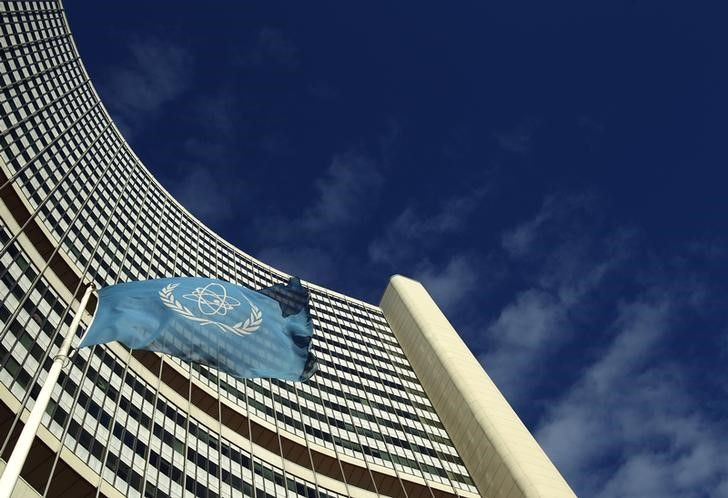UN Watchdog Agency Says Iran Failing To Provide Answers About Nuclear Program

Iran has failed to provide satisfactory answers about its nuclear program to United Nations investigators, the International Atomic Energy Agency, or IAEA, said Friday, according to media reports. The new revelations, which were made in an IAEA quarterly report, come less than three weeks before a deadline for Iran to reach a lasting nuclear deal with six world powers.
“Iran has not provided any explanations that enable the agency to clarify the outstanding practical measures,” the report, released to several media outlets, said, referring to specific steps Iran had pledged to implement by late August to address fears over its nuclear program being used to develop weapons. “There is no progress, basically,” an unnamed diplomat familiar with the IAEA's report told Agence France-Presse, or AFP.
The IAEA has been conducting routine inspections of Iran’s nuclear facilities since February, when the Iranian government agreed to cooperate with the U.N. nuclear watchdog. However, the IAEA reportedly alleged that there could be “possible military dimensions” to the country’s nuclear program.
The IAEA's findings are significant, as the U.S. and its allies -- collectively known as the P5+1 -- have said that a lasting deal with Iran would not be possible till the agency is satisfied with its investigations, according to media reports.
“Only when this happens will it be possible to have confidence that Iran's nuclear program is and will remain exclusively peaceful,” Laura Kennedy, the U. S. envoy to the IAEA, reportedly said.
Iran, for its part, has consistently denied working on nuclear arms, and has claimed that its nuclear program is meant solely for non-military and peaceful purposes. Iranian officials also rejected the IAEA report and said that the agency’s claims are based on “faulty intelligence,” according to media reports.
“The fact that the agency claims that Iran's explanation does not enable the agency to clarify the outstanding practical measures, is a wrong reflection of reality,” Reza Najafi, Tehran’s envoy to IAEA, said, adding that concerns over Iran’s nuclear program are “baseless,” according to a report by IRNA, Iran’s official news agency.
The new revelations, which come amid a flurry of meetings between Iran and the six world powers, could have serious impact on the final round of talks, which are scheduled to begin in Vienna on Nov. 18.
© Copyright IBTimes 2025. All rights reserved.






















